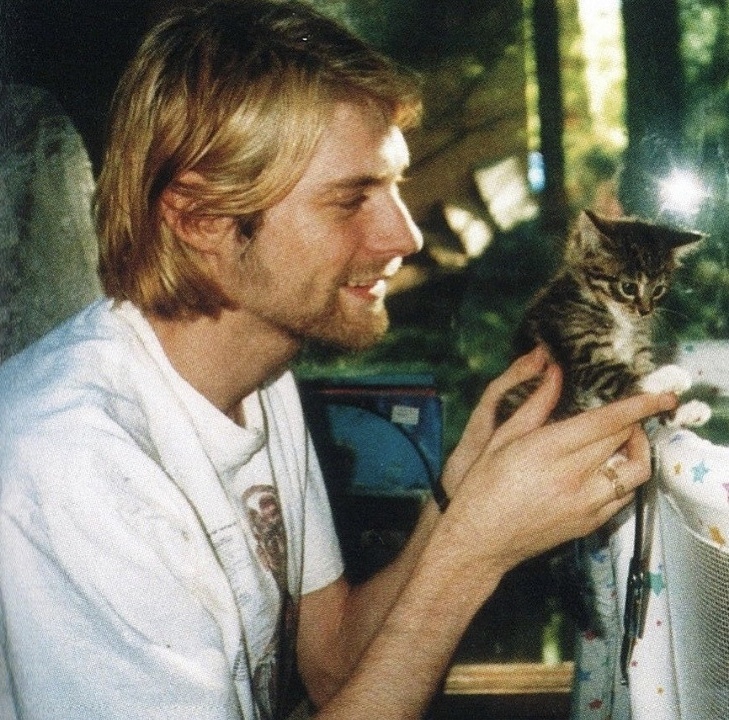This is not a “crisis.”
The only major challenge we face with falling birth rates is figuring out how we care for the elderly. Ok, that’s something we need to figure out and get right.
However, otherwise, falling birth rates is a good thing.
We simply don’t need 8 billion+ people on planet Earth. It’s too many.
I’d rather future generations maintain a smaller population, and enjoy a better quality of life overall. They’d have more space, more clean air and clean water, bigger national parks, fewer crowded spaces, less congestion and traffic, more trees, fish, birds, and critters, and bigger plots of land with more distance between neighbors.
I’d say yes and no. The strain on the planet would lessen for sure. But then we have the dependency ratio, meaning the amount of people in work related to those out of work, like children, the elderly, disabled etc.
This are getting worse in every European country. More babies won’t fix it, at least not in the short term but it’ll lessen the impact in about 20 years.
To fix the dependency ratio you either drasticly reduce the welfare state, increase the retirement age, raise taxes, or accept a lot of immigrants. Any of those options appealing to the general public you think?
You do need to care for the elderly, but you also need to care for young people. Schools, kindergartens, universities and so forth cost a lot as well. As long as the life expectancy and fertility rate are stable, the population ends up with a stable dependency ratio. A below replacement fertility rate, just means that the population ends up shrinking.
As for funding the welfare state, the problem is GDP per capita. As long as that is stable in real terms, the problem becomes distributing the wealth. There are actually some good things in terms of GDP per capita with a shrinking population. Namely we still inherit the assets from previous generations. We can choose to the best housing, factories, infrastructure and so forth. Not only that, but we still have innovation, so a lot of our economies are still growing.
For Germany for example current UN predictions are at 30% of the population being retired starting around 2035 and until pretty much the end of the century. Currently it is 23%, so the impact is happening today. That is about what Japan has right now.
Or increase taxes on the rich’s assets (including houses) to fund the silver sunami (i.e. the large amount of boomers retiring all at once) and therefore encourage more of the value generated to go to the worker’s wages. Then you don’t have to worry as much about the welfare state because income tax revenues increase, the worker’s private pensions also increase, more economic activity happens because more people have money in their pockets, and the economy grows.
Either that or work more people to death to keep expanding the current wealth inequality and hope the population keeps getting distracted with culture wars and fascism.
Either that or work more people to death to keep expanding the current wealth inequality and hope the population keeps getting distracted with culture wars and fascism.
As we in Germany say: “Some of these answers would unsettle the population.”
Well beyond taking care of the elderly, we need still need young healthy people to do the manual physical labor. Like crawling around in attics, laying asphalt, working in hot sun, etc.
How did humans ever survive before there were 8 billion people? Oh how?
by using a lot less technologically advanced stuff that needed fewer people to sustain.
Declining birth rates != a complete cessation of births. There will still be young people. Just fewer of them. They will get paid more for doing young people things.
Sure, but with fewer people overall, there will be fewer houses, attics, and roads being built in the first place.
Philosophically I agree, but Kurzgesagt did a video on how population collapse would probably be a terrible experience to live through. The book Sapiens makes a good point that we likely lived better and more fulfilling lives before agriculture but it’s a cultural/survival trap we couldn’t escape.
I guess. But I think we can do a soft and gentle landing (settling on 2-4 billion, eventually, once everyone sustainably maintains 1.5 kids per family on average) rather than a hard and abrupt collapse. I don’t think we’re stuck between all or nothing here.
Fully agreed. And to add on top of that, the world cannot take adequate care of all the children in it right now, and there are voices shouting we need more?
Right!!!
Found Thanos’ alternate account! /jk
They admit psychological well-being is an issue, in addition to cultural and financial issues, then only suggest mild cultural adjustment and less screentime? I agree screentime reduction can adjust psychological well-being, but until we fix global, systemic issues that cause distraction and dissociation seeking, it’s bailing water with a sieve. And that’s means we all have to get and stay vocal and action oriented in forcing politicians to address those needs adequately.
Finding a girlfriend seems as easy as winning in lottery where you have to first win a lottery to even get a ticket.
I wonder why birthrates are falling.




